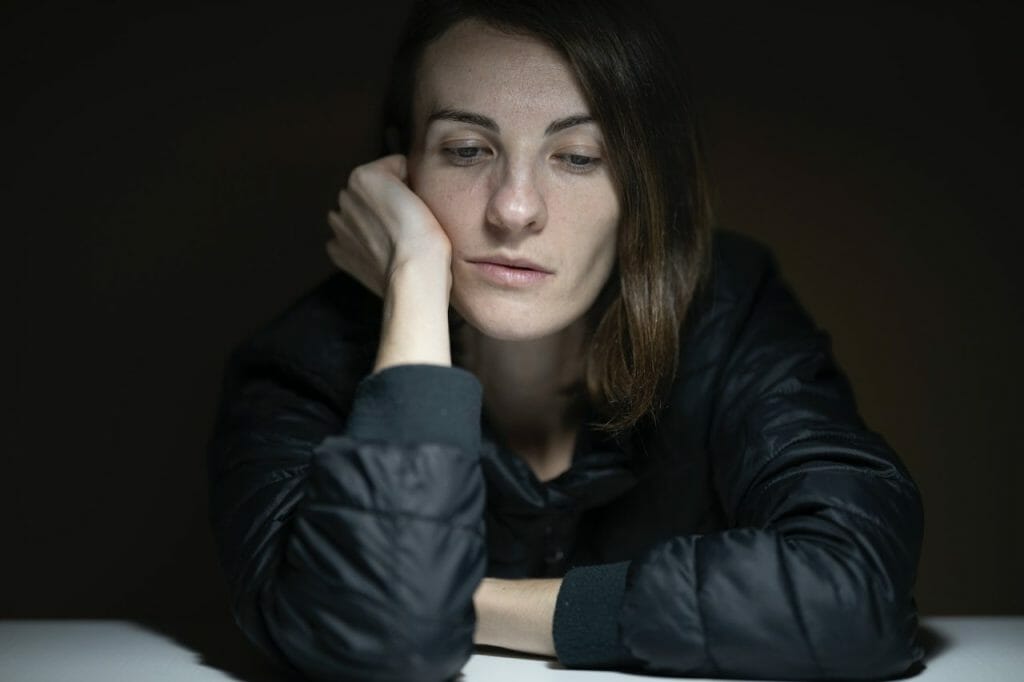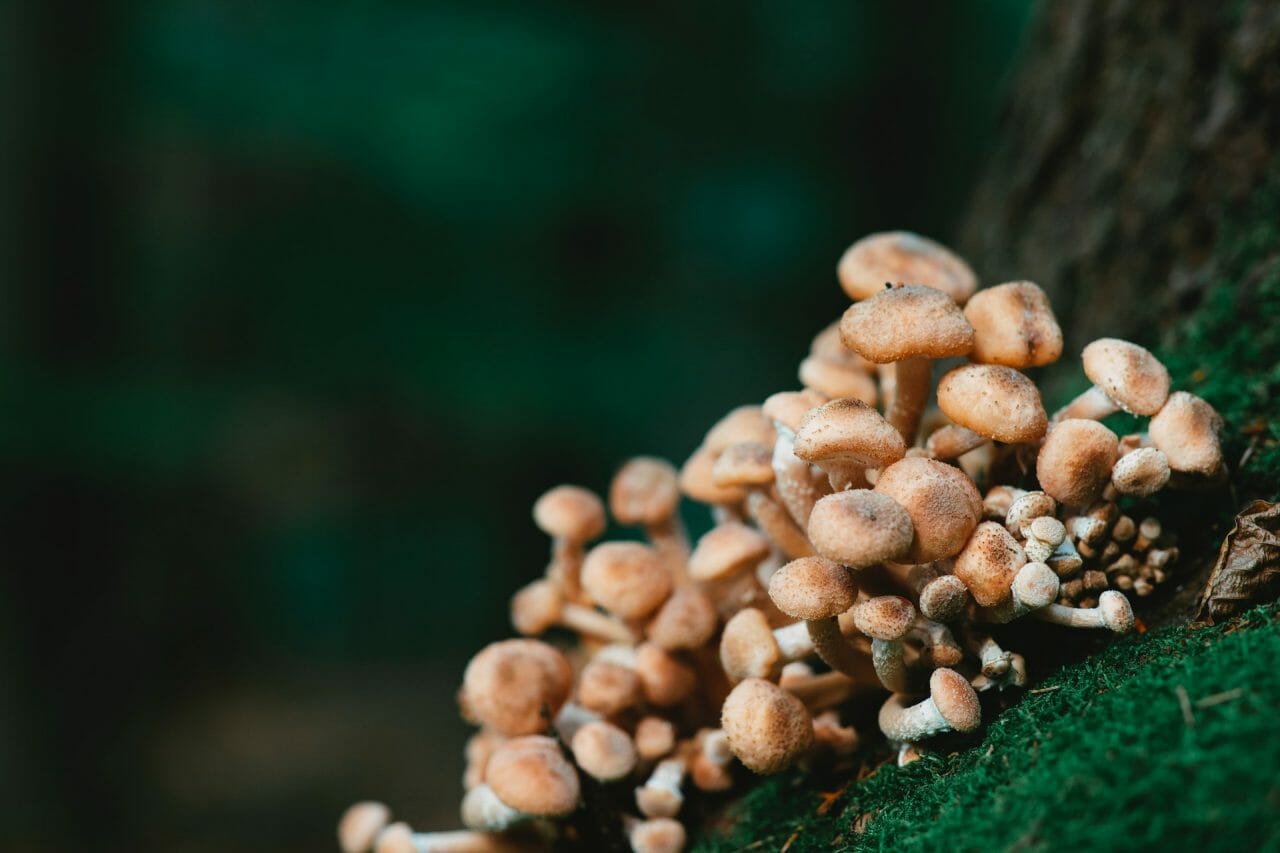As reported by the World Health Organization (WHO), depression impacts an astounding 264 million people across the globe.
Conventional treatments, while often beneficial, sometimes struggle to comprehensively address depression’s complex nature. This gap has spurred interest in exploring alternative therapies. Among these alternatives, psilocybin-containing mushrooms, available from a mushroom dispensary, are gaining both scientific and public attention for their potential in treating depression.
Let’s delve into the world of mushroom dispensaries, their role in treating depression, and the compelling statistics that underscore their potential to revolutionize our approach to this serious global mental health concern.
Key Observations:
- Mushroom dispensaries offer alternative depression treatments using mushrooms rich in psilocybin.
- Research suggests that psilocybin can result in significant and enduring reductions in depression symptoms.
- Psilocybin therapy is part of a burgeoning trend that’s redefining mental healthcare.

Understanding Psilocybin and its Therapeutic Potential
Psilocybin is a natural compound found in certain mushroom species, often referred to as “magic mushrooms.” When ingested, the body converts psilocybin into psilocin, which impacts the brain’s serotonin receptors. This effect induces significant shifts in perception, mood, and consciousness, typically associated with psilocybin use.
Research into the potential of psilocybin as a treatment for depression has yielded promising findings. Clinical trials and studies have shown that a single, carefully administered dose of psilocybin can result in substantial reductions in depressive symptoms, with patients reporting lasting and transformative effects on their mental health and overall well-being.
These findings have led to increased interest and investment in exploring psilocybin as a unique alternative treatment for depression, especially for those who have not responded to traditional therapies.
Encouraging Results for Depression Treatment with Magic Mushrooms
DispensariesAlso known as psilocybin-containing mushrooms, magic mushrooms have gained attention for their potential to alleviate depression symptoms. In this article, we will explore different varieties of magic mushrooms and discuss their possible impact on depression.
| Magic Mushroom Type | Characteristics | Potential Depression-Relieving Benefits |
| Golden Teacher | A widely recognized psilocybin mushroom identified by its golden cap. | Could potentially reduce depression symptoms and improve emotional health. This species might promote introspection and self-awareness, helping individuals gain new insights into their depression. Some users experience feelings of unity and interconnectedness, which can counteract feelings of isolation commonly associated with depression. |
| Psilocybe Cubensis | One of the most common species of magic mushroom. | It is notable for inducing positive changes in mood and perspective. May improve emotional understanding and aid individuals in addressing the root causes of their depression. The altered consciousness it generates might enable users to break free from rigid thought patterns, fostering a more optimistic outlook. |
| B+ | Recognized for its large, bulbous fruiting bodies. | May result in significant, long-term reductions in depressive symptoms. Users often report gaining clarity and understanding about their feelings and life circumstances. The therapeutic journey can help in releasing repressed emotions and trauma, thereby alleviating depression. |
| Liberty Cap | Small, conical mushrooms found in various regions. | Known to induce intense emotional experiences, which can have a positive impact on depression. During Liberty Cap trips, users often report heightened sensitivity and empathy, potentially promoting emotional healing and connection. The immersive, profound nature of the psychedelic journey may help individuals understand the underlying reasons for their depression. |
| Penis Envy | Characterized by its distinctive, phallic-like shape. | Associated with profound insights and changes in depressive thought patterns. Users frequently report experiencing ego dissolution, allowing them to confront their depression without the confines of their usual identity. The intensity of the experience may lead to therapeutic breakthroughs, resulting in long-term improvements in mental health. |
| Blue Meanie | A potent strain identified by its bluish hue. | Believed to soothe and relax the mind, this hue may potentially alleviate symptoms of anxiety and depression. Many individuals claim to achieve a sense of internal peace and emotional release during their encounters with Blue Meanie, potentially promoting mental health. This strain, recognized for its mild yet introspective qualities, could be particularly suitable for those seeking a less potent psychedelic experience for therapeutic benefits. |
The Role of Magic Mushroom Dispensaries in Treating Depression
Magic mushroom dispensaries, or shops, play a significant role in depression treatment, offering a supervised and regulated environment for those seeking potential therapeutic solutions.
The Function of Health Canada
In Canada, Health Canada is the federal entity responsible for ensuring the safety, effectiveness, and quality of therapeutic products, such as the psilocybin found in magic mushrooms.
Approval of Therapeutic Products
Health Canada has recently issued exemptions and approvals for the use of psilocybin in certain clinical and research situations for specific medical conditions, including depression. This policy shift indicates growing recognition of the potential therapeutic uses of psilocybin.
Potential Therapeutic Uses
Magic mushroom shops present a potentially innovative and hopeful therapeutic approach for individuals grappling with depression. With appropriate authorization and under specific conditions, individuals can utilize psilocybin therapy to alleviate depression symptoms.
A Monitored and Controlled Environment
Magic mushroom dispensaries provide a monitored and controlled environment for those pursuing psilocybin therapy, ensuring the experience is safely conducted under the supervision of skilled professionals.
Compliance with Health Canada Regulations
Dispensaries must adhere to Health Canada’s regulations and guidelines when providing psilocybin-based products for therapeutic use. They play a crucial role in ensuring adherence, and that therapy is conducted responsibly and ethically.
Navigating Psilocybin Therapy via a Mushroom Shop
Initiating psilocybin therapy through a mushroom shop can potentially be a transformative and beneficial endeavor. However, it’s essential
Proceeding with due diligence and caution is crucial. Here are some guidelines to manage this process effectively:
- Comprehensive Research: Begin with an in-depth examination of psilocybin therapy and the specific mushroom shop you are considering.
- Professional Consultation: Before contemplating psilocybin therapy, consult a mental health professional or a therapist with a specialization in psychedelic-assisted treatments. They can assess your suitability for such therapy and provide valuable insights.
- Choose a Trustworthy Store: Look for customer reviews, endorsements, and evidence of compliance with local regulations.
- Understand the Procedure: Familiarize yourself with the entire therapy process, from preparation and the psychedelic journey to post-experience integration. Knowledge of what to expect can reduce anxiety and enhance therapeutic outcomes.
- Mental and Emotional Preparation: Prepare yourself mentally and emotionally for the journey. Set clear expectations for your therapy session, and be ready to confront any challenging emotions or thoughts that may arise.
- Secure Environment: Ensure that the mushroom store provides a secure and comfortable environment for your therapy session. This should include appropriate lighting, music, and available trained facilitators for assistance if necessary.
- Follow Dosage Guidelines: Adhere to the dosage recommendations from the mushroom store or your healthcare practitioner. Avoid self-administration or consumption of unfamiliar substances, as it could be hazardous.
Conclusion
Mushroom stores offering psilocybin therapy have emerged as a potentially effective alternative for treating depression. Despite the diverse legal and regulatory landscapes, an increasing volume of research and personal experiences highlight their potential to alleviate depressive symptoms and provide individuals with new perspectives on their mental health.
As the field of psychedelic-assisted therapy continues to grow, the role of mushroom stores in redefining the landscape of depression treatment offers hope to those seeking innovative mental health solutions.
Frequently Asked Questions
What’s the best way to find a reliable mushroom dispensary for depression treatment?
To find a reliable mushroom dispensary, thorough research is essential. Look for stores that comply with local regulations and safety guidelines. Seek advice from
When selecting a dispensary, engage with healthcare professionals or individuals with successful experience in this area. Evaluate the dispensary’s credentials, taking into account the qualifications of their staff and their commitment to ethical practices.
How long does the therapeutic effect of psilocybin therapy last in treating depression?
The therapeutic benefits of psilocybin therapy vary among individuals. Some might experience immediate relief, while others notice gradual improvements. Research indicates that the benefits can last several weeks to months after just a single session. However, the duration of these effects can also depend on follow-up care and continued support.
Can psilocybin therapy be used as a standalone treatment for depression, or should it be combined with other therapies?
Psilocybin therapy is typically incorporated into a broader depression treatment plan. It can be combined with traditional therapies like psychotherapy, counselling, or medication to increase its effectiveness. The choice of treatment methods should be customized to meet individual needs and be guided by the advice of healthcare professionals.
What other magic mushroom products can be used for depression treatment?
In addition to traditional magic mushrooms, other magic mushroom products for depression treatment include psilocybin microdosing capsules, psilocybin-infused edibles such as chocolates or gummies, liquid extracts or tinctures, and psilocybin nasal sprays. These alternative psilocybin delivery methods provide a variety of dosing options and ways to administer, including precise microdosing for subtle mood enhancement.
Related Article:





